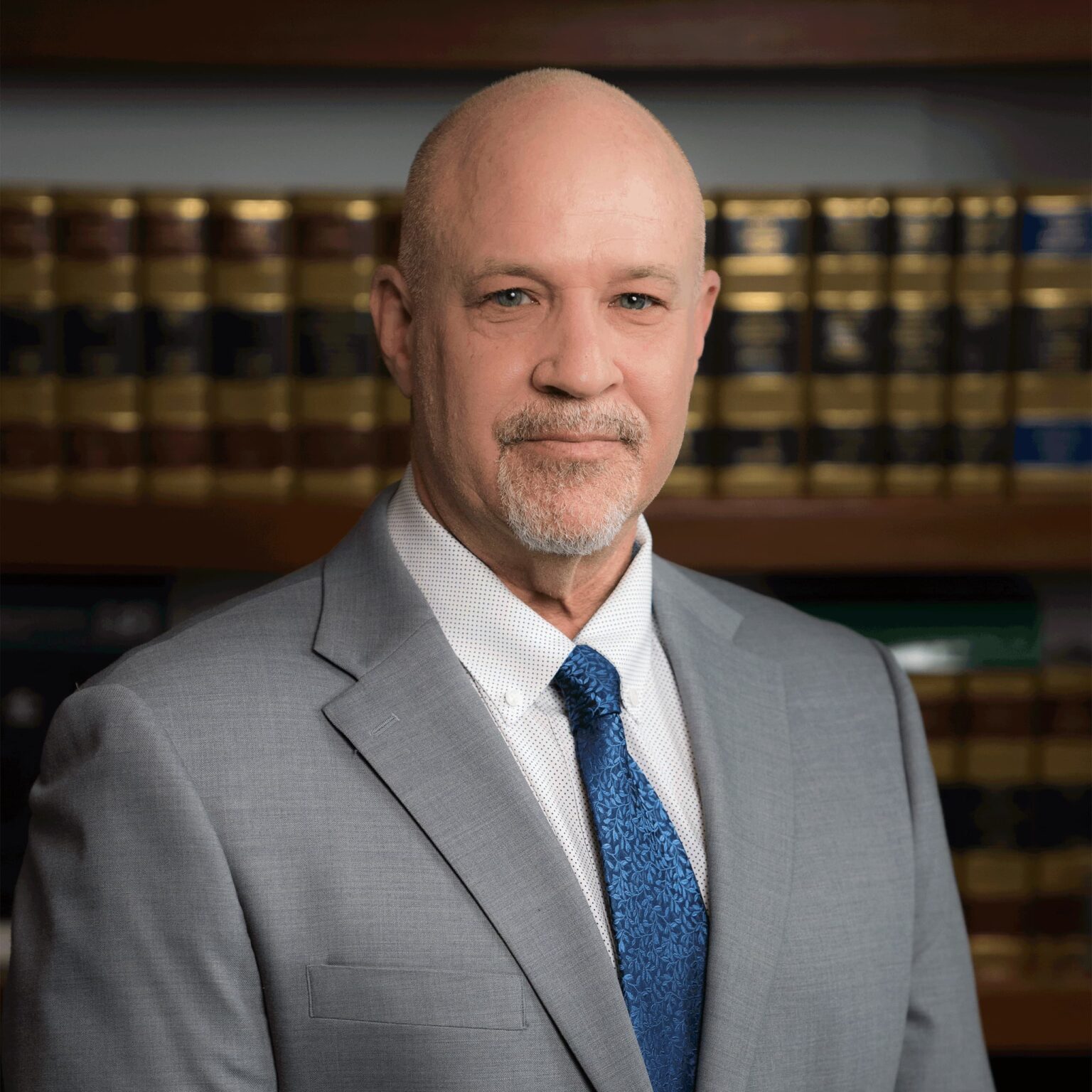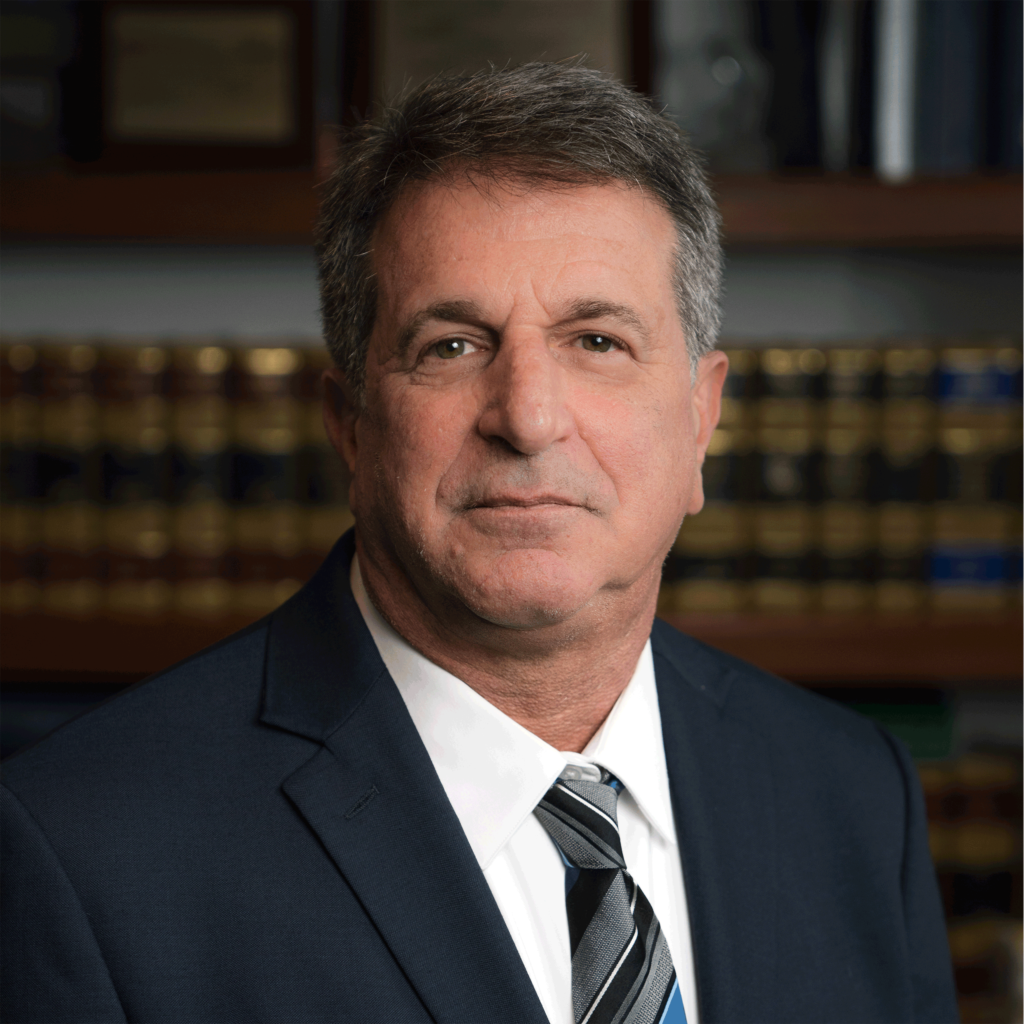In recent years, South Florida has seen the advent of the Brightline high-speed rail service, a transformative addition to the state’s transportation infrastructure aimed at connecting major cities with unprecedented efficiency. However, this progress has not been without its challenges. A number of high-profile accidents involving Brightline trains have raised serious questions about safety measures, regulatory compliance, and legal accountability. Among these incidents, a particularly tragic collision in Melbourne, where a vehicle was struck by a Brightline train, resulting in one fatality and injuries, serves as a stark reminder of the potential human cost of high-speed rail in urbanized regions.
In light of these developments, the question of accountability becomes both urgent and complex. When a Brightline train accident occurs, pinpointing who is at fault isn’t as black-and-white as it might seem. This blog intends to untangle the web of responsibility, looking at who could be legally liable in various scenarios of an accident.
Whether your injuries come from being a passenger on the train or in a vehicle, if you’re a victim of a train accident, the train accident attorneys at Cohen and Juda are here to help. For personalized attention, contact us at (954) 424-1440 to schedule your free consultation.
Brightline and the Duty of Care
Brightline, as a common carrier, has a duty of care, which extends beyond just its passengers. This duty of care encompasses the safety of not only those aboard the train but also individuals near the tracks, including motorists at crossings and pedestrians.
The legal principle of duty of care is grounded in the expectation that they must exercise a high degree of care to avoid harm to both passengers and the general public. This “duty of care” requires the company to take all reasonable steps to prevent accidents. This includes:
- Maintaining safe operating procedures for train speeds, signals, and track usage
- Ensuring the proper maintenance of trains and tracks to avoid mechanical failures
- Providing adequate training and supervision for train operators and other personnel
Failure to meet these obligations can lead to legal consequences, including liability for accidents and injuries that occur as a result of negligence in fulfilling these duties of care.
Potential Causes of Brightline Accidents
If Brightline fails to uphold these safety standards, and it leads to an accident, the company could be held liable. Examples of potential negligence on Brightline’s part include:
- A train operator exceeding speed limits, failing to stop for signals, or making other reckless maneuvers
- Inadequate maintenance leading to equipment malfunctions like brake failures or track defects
- Insufficient training of personnel, resulting in errors in judgment or a lack of preparedness for emergencies
Beyond Brightline: Other Potentially Liable Parties
It’s important to note that Brightline isn’t always the sole party responsible. Here are some other potential contributors to accidents:
- Motorists or pedestrians who disregard crossing signals, try to beat a train, or trespass on tracks
- Construction companies involved in track work, if faulty construction contributes to an accident
- Manufacturers of train parts, if a defect in a critical component like wheels or brakes caused the accident
Determining Fault: Investigations and Legal Representation
When a Brightline train accident occurs, understanding the events leading to the incident is critical for determining liability and ensuring accountability. The investigation process is both thorough and complex, involving multiple steps and key players who contribute to uncovering the facts and administering justice.
Role of the National Transportation Safety Board (NTSB)
The National Transportation Safety Board (NTSB) is instrumental in the investigation of transportation accidents, including those involving Brightline trains. As an independent federal agency, the NTSB’s primary mission is to investigate civil transportation accidents to determine their causes and make recommendations to improve safety. Here’s how the NTSB contributes to the process:
- Evidence Collection: NTSB investigators gather a wide range of evidence, including physical evidence from the accident scene, surveillance footage, and data from train control systems.
- Scene Analysis: The team closely examines the accident site to understand the sequence of events, inspecting track conditions, signal functionality, and any obstructions or environmental factors.
- Probable Cause Determination: After a comprehensive analysis, the NTSB issues a report that includes the probable cause of the accident. This report may also highlight contributing factors and recommend safety improvements to prevent future incidents.
The Importance of Train Wreck Lawyers
In the aftermath of a train accident resulting in injury or death, train wreck lawyers play a crucial role in advocating for the victims and their families. These legal professionals specialize in cases where individuals have been harmed due to the negligence or wrongful actions of others. Here’s how personal injury lawyers support their clients:
- Evidence Gathering: Lawyers collect crucial evidence to build a strong case. This includes obtaining accident reports, witness statements, video footage, and maintenance records for the train and tracks.
- Expert Consultation: They often consult with accident reconstruction experts, safety specialists, and medical professionals to strengthen their understanding of the accident’s impact and the client’s injuries.
- Negotiation and Litigation: Personal injury lawyers navigate the legal process, negotiating with insurance companies and representing their clients in court if necessary. Their goal is to secure compensation that accurately reflects the damages suffered, including medical expenses, lost wages, and pain and suffering.
Determining Negligence
A pivotal aspect of establishing liability in train accidents involves determining which parties acted negligently. Negligence is defined as the failure to take reasonable care to avoid causing injury or loss to another person. In the context of train accidents, negligence can manifest in several ways:
- Operator Error: This includes scenarios where train operators fail to comply with established speed limits, ignore signal instructions, or engage in reckless behavior that compromises safety.
- Maintenance Failures: Inadequate maintenance of trains or infrastructure, leading to malfunctions such as brake failures or signal issues, can also constitute negligence.
- Unsafe Crossings: The responsibility of transportation authorities to maintain safe conditions at crossings is critical. Negligence may be found if inadequate signage, poor sightlines, or malfunctioning crossing signals contribute to an accident.
Importantly, negligence is not limited to the actions of train operators or transportation authorities. Individuals, such as drivers attempting to outrun a train, bear a responsibility to act safely and prudently. If a driver disregards safety signals, tries to beat a train at a crossing, or takes unnecessary risks that result in an accident, they may be found negligent.
This is particularly pertinent if you are a passenger in a vehicle where the driver’s reckless actions place you in harm’s way. In such cases, the driver’s negligence could be a key factor in determining liability and pursuing compensation for any injuries or damages sustained.
In summary, the investigation’s findings, along with a thorough legal analysis, guide the determination of fault. Whether it’s Brightline, a third party, or a combination of factors, identifying negligence is key to holding the responsible parties accountable and seeking justice for those affected.
Involved in a Train Accident in South Florida?
If you or a family member has suffered injuries due to a train accident, or if you’ve experienced the unthinkable loss of a loved one through such an incident, the path to recovery and justice can seem daunting. The online search for a “personal injuries lawyer near me” or a “train wreck lawyer” leads to many options, but it’s vital to choose a team that understands the depth of your situation. At Cohen and Juda, we’re here to navigate these turbulent times with you.
Our experience extends beyond personal injury to include wrongful death cases, providing compassionate and determined representation for those left to pick up the pieces after a devastating loss. With over 30 years of experience, we’ve stood by clients facing the aftermath of negligence, fighting tirelessly for the compensation they’re entitled to for medical costs, lost income, pain and suffering, and the profound loss of companionship.
Let us take the weight of legal proceedings off your shoulders, managing all the necessary paperwork and insurance matters, so your focus can remain on healing. Trust in our commitment to personalized guidance and emotional support from start to finish.
Reach out to Cohen and Juda today for a no-cost consultation. Let us champion your cause with the tenacity and dedication you need during this challenging time. Contact us at (954) 424-1440 or submit your details through our online form.
Copyright © 2024. Cohen and Juda, P.A. All rights reserved.
The information in this blog post (post) is provided for general informational purposes only and may not reflect the current law in your jurisdiction. No information in this post should be construed as legal advice from the individual author or the law firm, nor is it intended to be a substitute for legal counsel on any subject matter. No reader of this post should act or refrain from acting based on any information included in or accessible through this post without seeking the appropriate legal or other professional advice on the particular facts and circumstances at issue from a lawyer licensed in the recipient’s state, country, or other appropriate licensing jurisdiction.
Cohen and Juda P.A.
8211 W Broward Blvd, Suite 310
Plantation, FL 33324
(954) 424-1440
https://www.cohenandjudaflorida.com/





